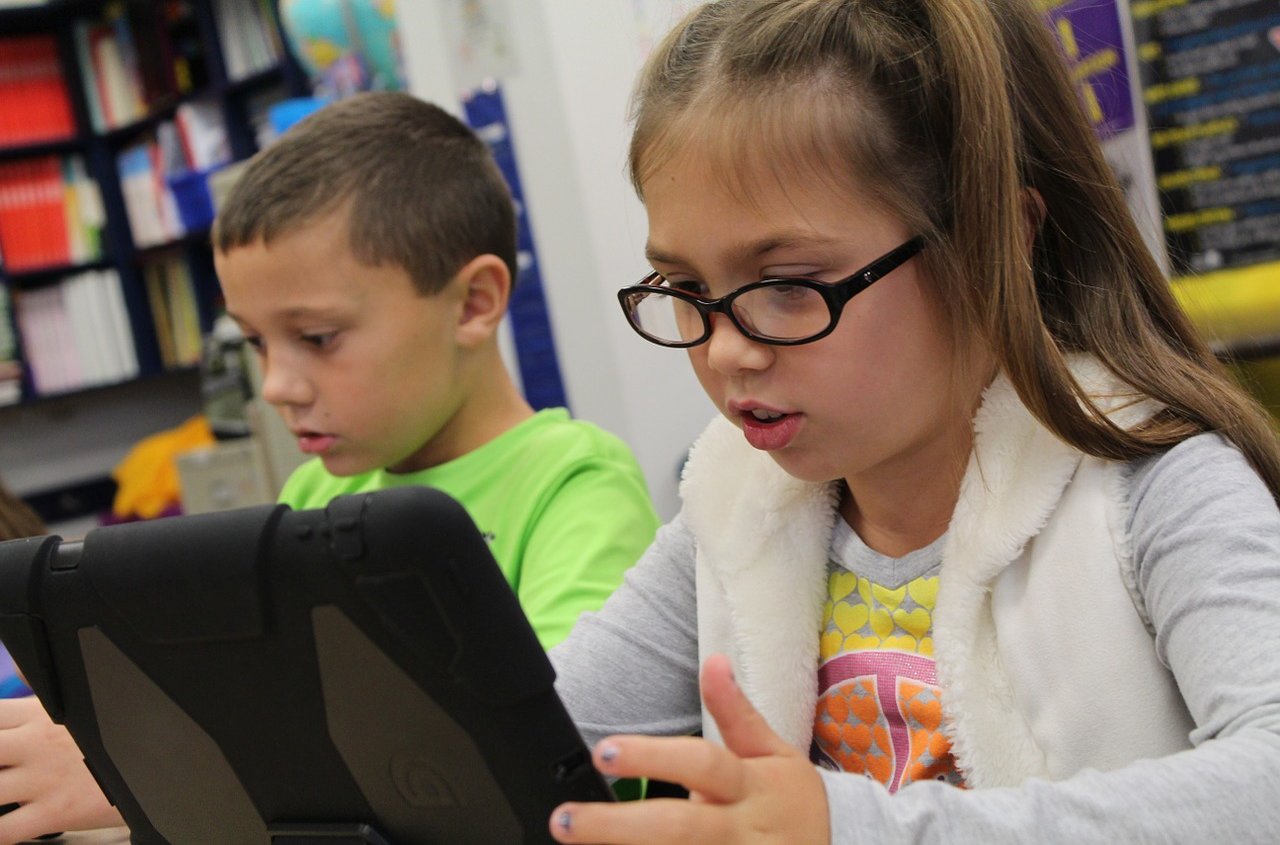
SWGfL Publishes Report Into Effects of Screentime on Young People's Wellbeing
A report published today (Tuesday 20 March 2018) by SWGfL (South West Grid for Learning) – one of the partners in the UK Safer Internet Centre – shows that many young people said “Fear of Missing Out” (FOMO) is one of the main reasons they will spend “too much” time online.
The report into the effects of ‘screen-time’ is the first in a series, titled Young People, Internet Use and Wellbeing in the UK. Compiled by Professor Andy Phippen from Plymouth University, the series explores the role of technology on young people’s wellbeing. Each report in the series will have a specific area of focus, such as gender, age differences, and what harmful content means to young people. It assesses data provided by more than 6,620 young people from year 4 to year 13 across over 100 schools in the UK.
Key findings
The primary finding from this analysis is that there is a clear a link between the amount of time a young person spends online and their exposure to upset, risk, and issues related to wellbeing. Additionally many young people said “fear of missing out” is one of the main reasons they will spend “too much” time online.
Through our analysis, we can see clear correlations between screen time and wellbeing, with some specific findings being:
- The older young people get the more time they spend online
- Males are more likely than females to be heavy online users
- Those who spend a lot of time online are more likely to see upsetting content, receive abusive comments, or send abuse to others
- Heavy online users are more likely to worry about how much time they spend online, and worry about what they have seen
- Heavy users are more likely to go online because they are lonely
Overall analysis on this sample shows first that there are some young people who spend a lot of time online, with a third of spending more than 3 hours a day online, and just over 10% declaring that they spend in excess of 6 hours a day online.
This research raises further questions around what motivates young people’s online behaviours, and it is clear that this is an area that requires further research. Over the coming years SWGfL, as part of its work as a partner in the UK Safer Internet Centre, will be working with HeadStart Kernow to explore the subject, as well as the social and emotional impacts of the online world, in order to inform future support for schools, families and communities.
Advice for parents
To support families, the UK Safer Internet Centre has today published a guide for parents and carers about screentime, with four key tips:
- Use digital devices together: Get involved in your child’s online activities. Have fun, play games and learn together online, just as you would in the physical world. It will then be natural for your child to turn to you if they experience anything upsetting online.
- Set clear expectations: Clear family rules can help your child have a positive start to their digital life and get the most out of being online. Ask your child to help create some family rules.
- Be informed: Many digital devices, services and content providers offer a range of parental controls. You can choose the type of content and options that are suitable for your child.
- Establish good habits early on: Both adults and children enjoy sharing moments with family and friends through online images and videos. Starting conversations and good habits early on is a great way to support children in staying safe online.
Andy Phippen, Professor of Social Responsibility in IT at the University of Plymouth said:
“The analysis of this large survey shows that there is a very clear link between screen-time and the likelihood that young people might be exposed to abuse or upsetting content.
“While our analysis can’t tell us why this is the case, the data is very clear that excessive screen-time can lead to higher risk of upset.”
David Wright, Director of SWGfL and the UK Safer Internet Centre, said:
“We have seen over recent months that some aspects of being online is having a significant impact on the health and wellbeing of children and young people.
“This report clearly highlights some of these aspects, in particular the strong correlations illustrating gender differences in the extent of online use and also the children who spend an increased amount of time online are more likely to see upsetting content, receive abusive comments, or send abuse to others.
“The conclusions from this report must now be used as a stepping stone towards further research that can give us a clearer understanding of the reasons behind young people’s online behaviours, so that we may better support them in the future.”